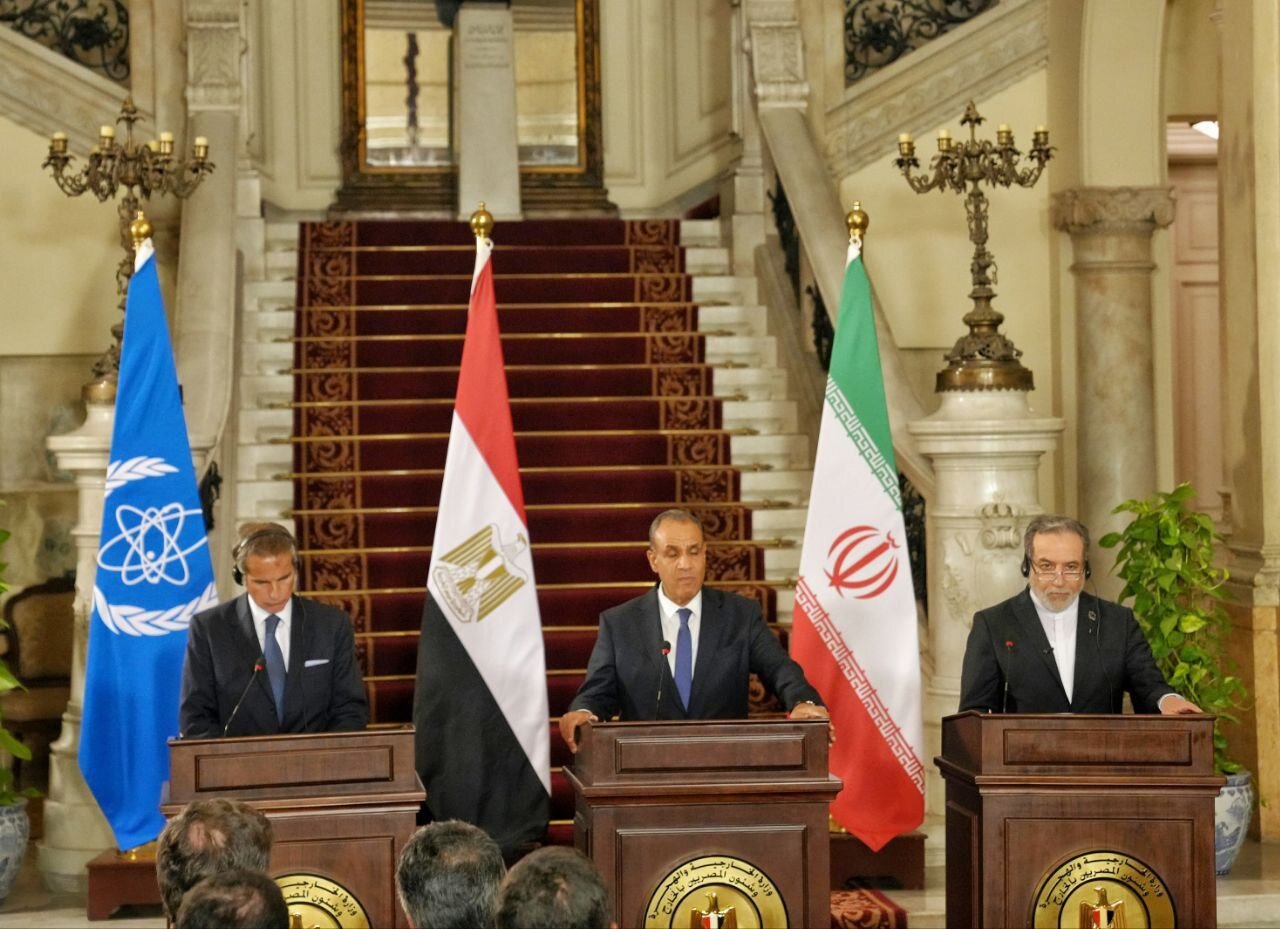Iran decides to resume cooperation with IAEA

TEHRAN – Iran has decided to look for ways to allow International Atomic Energy Agency (IAEA) inspectors back into the country, after it suspended cooperation with the UN nuclear watchdog back in July following U.S.-Israeli attacks on its nuclear sites.
The announcement was made by Iran's Foreign Minister Abbas Araghchi and IAEA Director-General Rafael Grossi at a press conference in Cairo. Araghchi stated that the decision reflected Iran's sense of "responsibility" and urged the UN agency to refrain from making politically charged accusations against Iran this time. The U.S.-Israeli attacks on Iranian nuclear sites occurred a day after the IAEA released a report containing old and previously debunked allegations regarding Iran's nuclear activities.
After the Iranian Parliament adopted the bill suspending cooperation with the IAEA, it designated the country’s Supreme National Security Council (SNSC) as the responsible body on the matter. Multiple Iranian officials subsequently stated that cooperation would remain suspended until a new framework ensuring Iran's security was developed. During the Tuesday press conference, Araghchi stated that the agreement he signed with Grossi—most likely in coordination with the SNSC—adhered to this principle. However, he warned that Iran would cease implementing the new framework if additional pressure were applied to the country for its nuclear program. He was referring to the decision by Germany, Britain, and France to activate the "snapback mechanism," which is designed to reinstate pre-JCPOA UN sanctions against Iran.
The agreement signed in Cairo is likely to draw condemnation from conservative factions within Iran, who have increasingly opposed working with the IAEA and negotiating over Iran’s nuclear program after years of fruitless talks and attempts.
Among the Iranian public, especially following the recent war, calls have also been growing to change the country’s nuclear doctrine, which is based on a fatwa (religious decree) by the Leader of the Islamic Revolution, Ayatollah Seyyed Ali Khamenei, prohibiting the development of nuclear weapons.
The new head of the SNSC, Ali Larijani, stated last week that Iran remains willing to negotiate its nuclear program to assure the West it will not build nuclear weapons. However, he said the United States is making this impossible by setting unacceptable preconditions. Larijani specified that Washington wants to include Iran's missile program in the negotiations—a demand Tehran has rejected for years. Iran’s robust missile program was the key reason it managed to force Israel and the U.S. to seek a ceasefire in June.
Leave a Comment